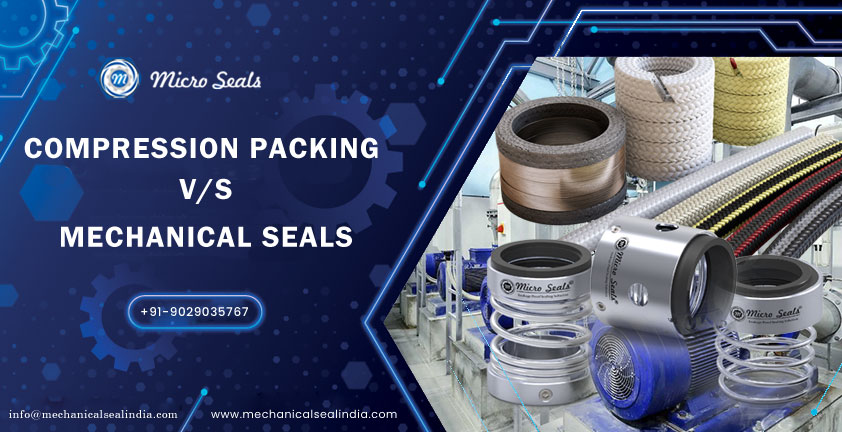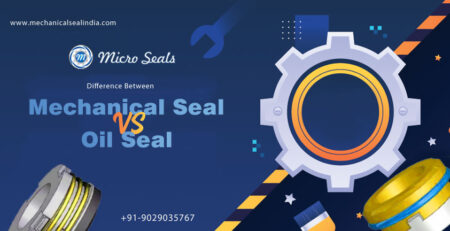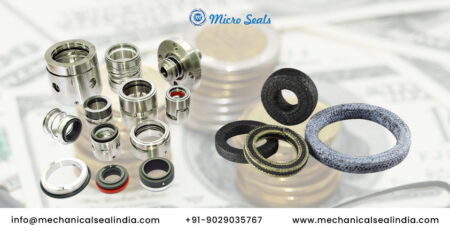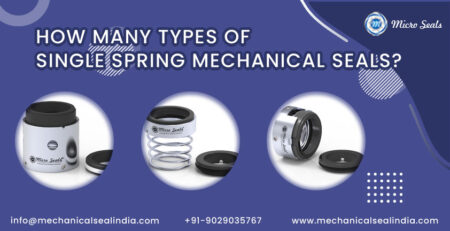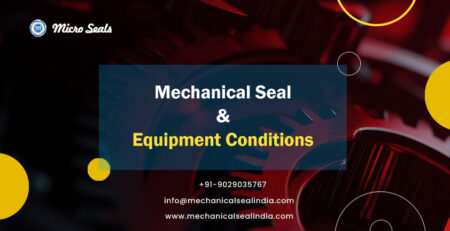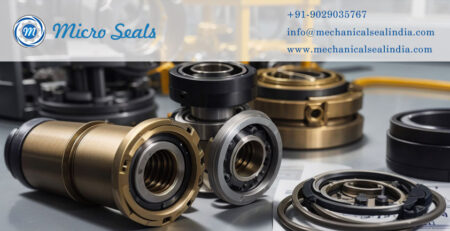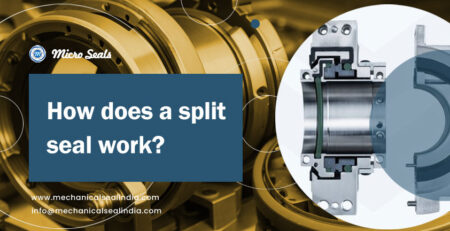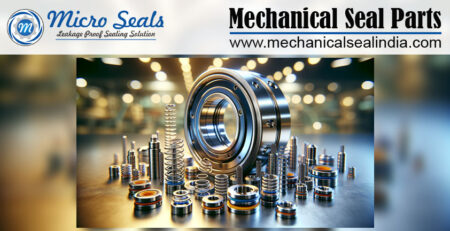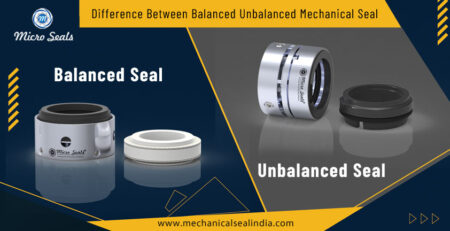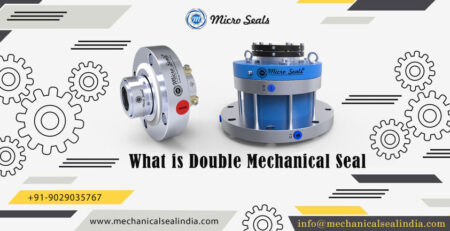Pump sealing plays a vital role in preventing fluid leaks, maintaining operational efficiency, and ensuring safety in industrial systems. Among the most common methods for achieving effective pump sealing are compression packing and mechanical seals. This blog delves into the basics, advantages, and distinctions of these two techniques, helping you choose the ideal solution for your needs.
Table of Content
What Is Pump Sealing?
Pump sealing refers to the methods used to prevent fluid leakage in rotating equipment like pumps. Proper sealing ensures uninterrupted operation, minimizes maintenance costs, and enhances equipment longevity.
Understanding Compression Packing
Compression packing is a traditional sealing method that uses braided fibers inserted into the pump housing to prevent leakage.
Advantages of Compression Packing:
- Cost-Effective: Lower initial investment.
- Easy Installation: Simple to replace or adjust.
- Versatile: Suitable for a variety of fluids and applications.
Drawbacks of Compression Packing:
- High friction leads to energy losses.
- Requires frequent maintenance to avoid wear and tear.
What Are Mechanical Seals?
Mechanical seals are advanced sealing devices that use precisely engineered components to create a leak-proof seal in rotating equipment.
Advantages of Mechanical Seals:
- High Efficiency: Low energy losses.
- Reliability: Requires minimal maintenance.
- Compatibility: Handles high-pressure and high-temperature applications effectively.
Drawbacks of Mechanical Seals:
- Higher initial cost compared to compression packing.
- Installation requires technical expertise.
Key Differences: Compression Packing vs. Mechanical Seals
| Feature | Compression Packing | Mechanical Seals |
|---|---|---|
| Initial Cost | Low | High |
| Maintenance | Frequent adjustments needed | Minimal |
| Efficiency | Lower (energy loss) | High |
| Suitable Applications | General-purpose use | High-pressure, high-temperature applications |
| Installation | Easy | Requires expertise |
Why Modern Industries Prefer Mechanical Seals
Mechanical seals have become the go-to choice for pump sealing in industries due to their efficiency, reliability, and compatibility with demanding applications. Transitioning to mechanical seals can significantly reduce leakage, enhance productivity, and improve operational safety
How to Choose the Right Pump Sealing Solution
- Analyze Operating Conditions
- High-pressure or high-temperature environments favor mechanical seals.
- Evaluate Cost vs. Performance
- Compression packing is suitable for budget-sensitive applications, while mechanical seals provide long-term value.
- Consider Maintenance Requirements
- Opt for mechanical seals for reduced downtime.
- Consult Experts
- Seek advice from sealing specialists to tailor the solution to your needs.
Conclusion
Deciding between compression packing and mechanical seals requires careful consideration of your application’s unique requirements and operating conditions. Compression packing is a budget-friendly solution for standard applications, while mechanical seals deliver exceptional performance and longevity in demanding environments. Evaluate your needs thoroughly to select the optimal sealing solution for your pumps.
To Know More about mechanical seal supplier Read Our Blog Post on top mechanical seal supplier For More mechanical seal services Information, Check out our Mechanical Seals Repair Page.
Microseals Is ISO 9001:2015 Certified Company and Leading Mechanical Seals Manufacturer & Supplier In India, Providing Leakages Solutions To All Types Of Pump Applications By Manufacturing Mechanical Seals And Sealing Components As Per Customer’s Require, Samples or Need. To Know More About Mechanical Seal Call On +91 – 9029035767 Or Email At [email protected]

